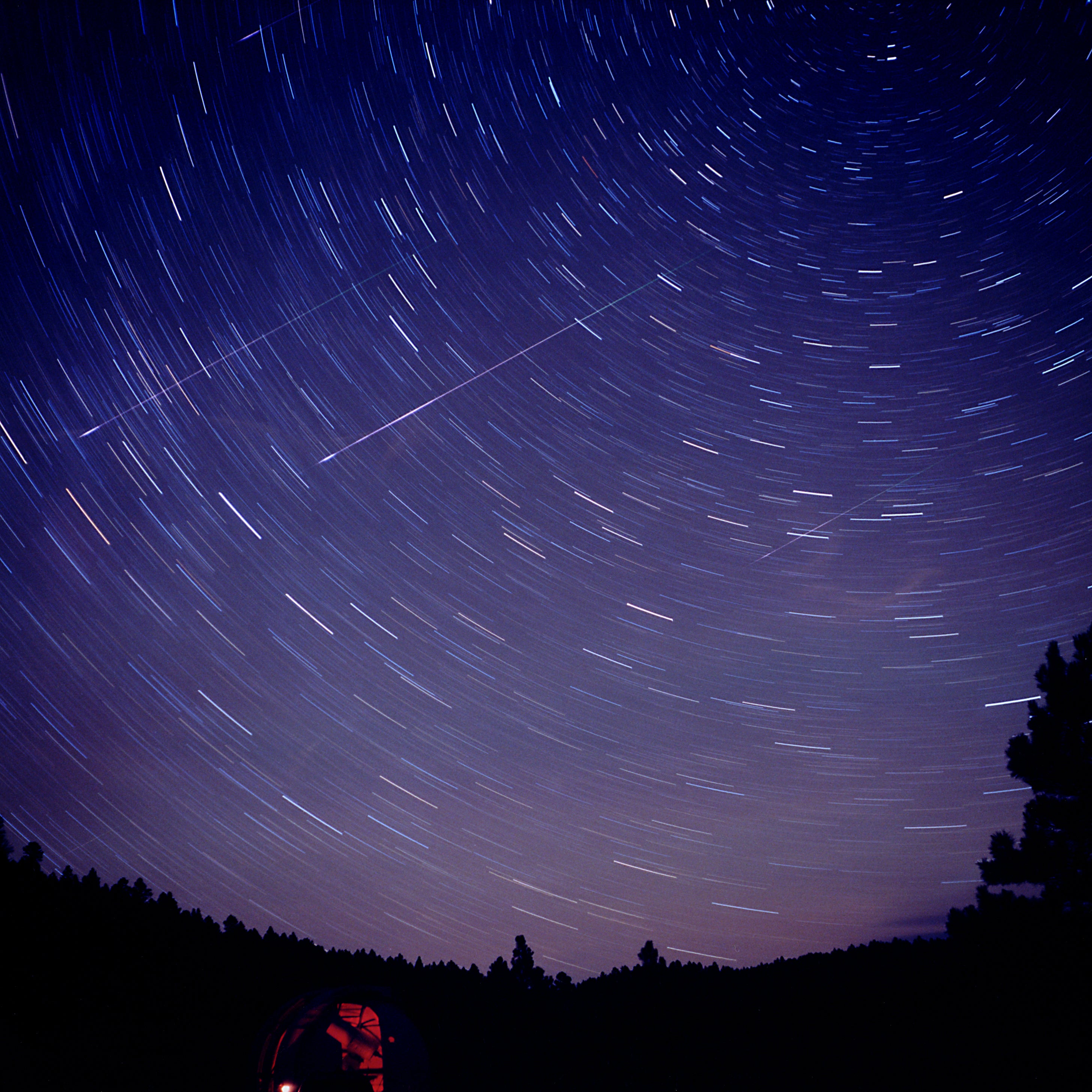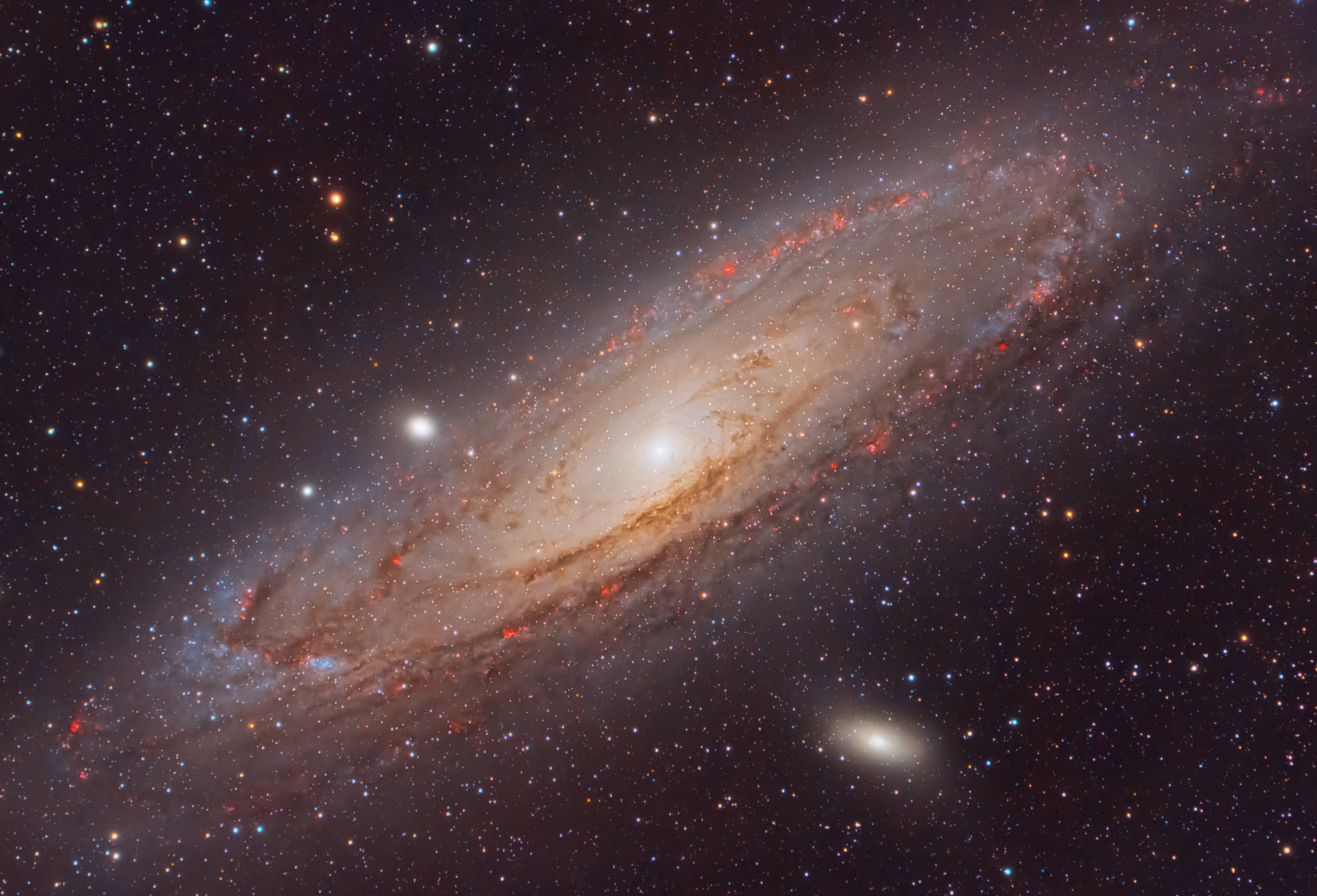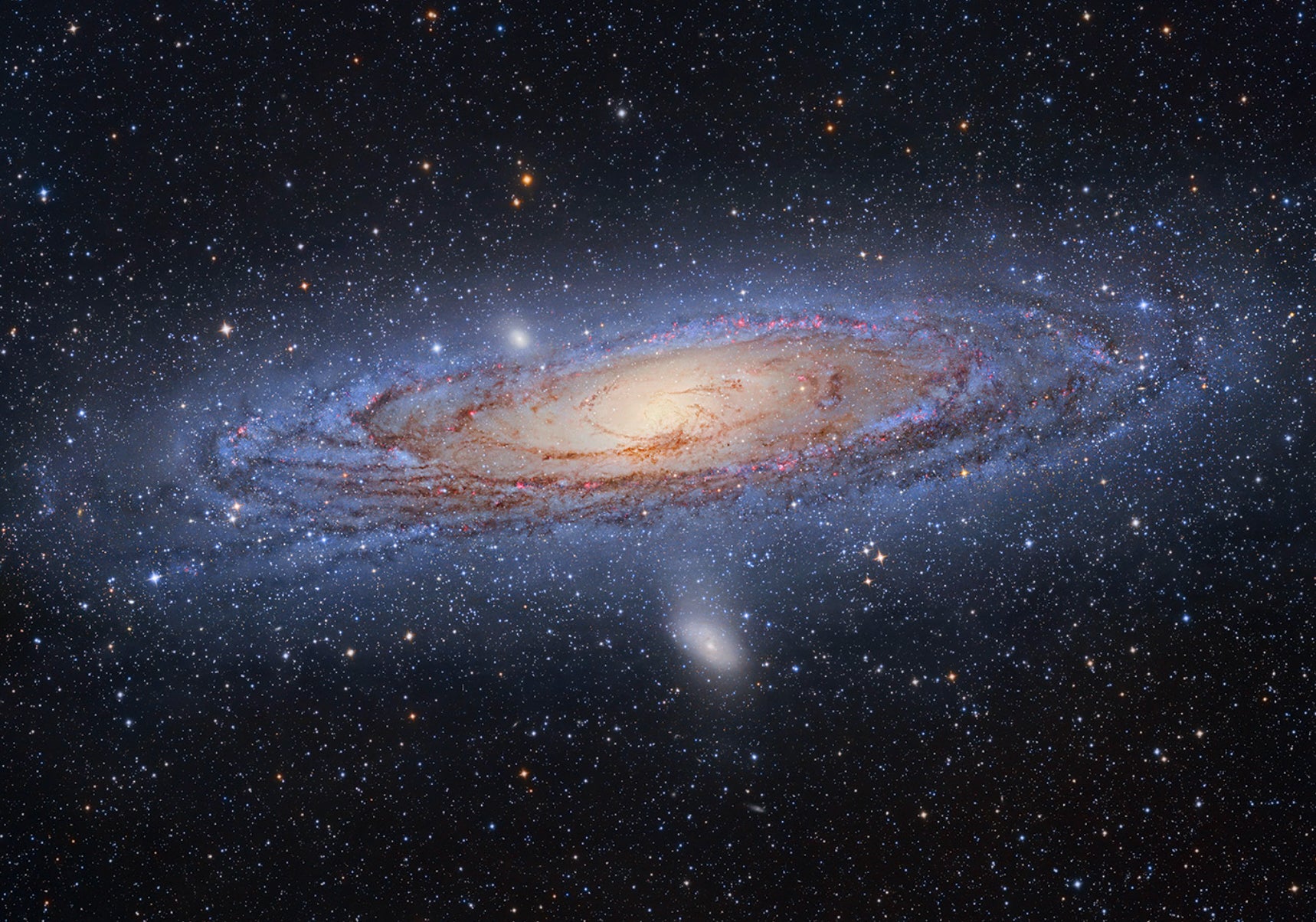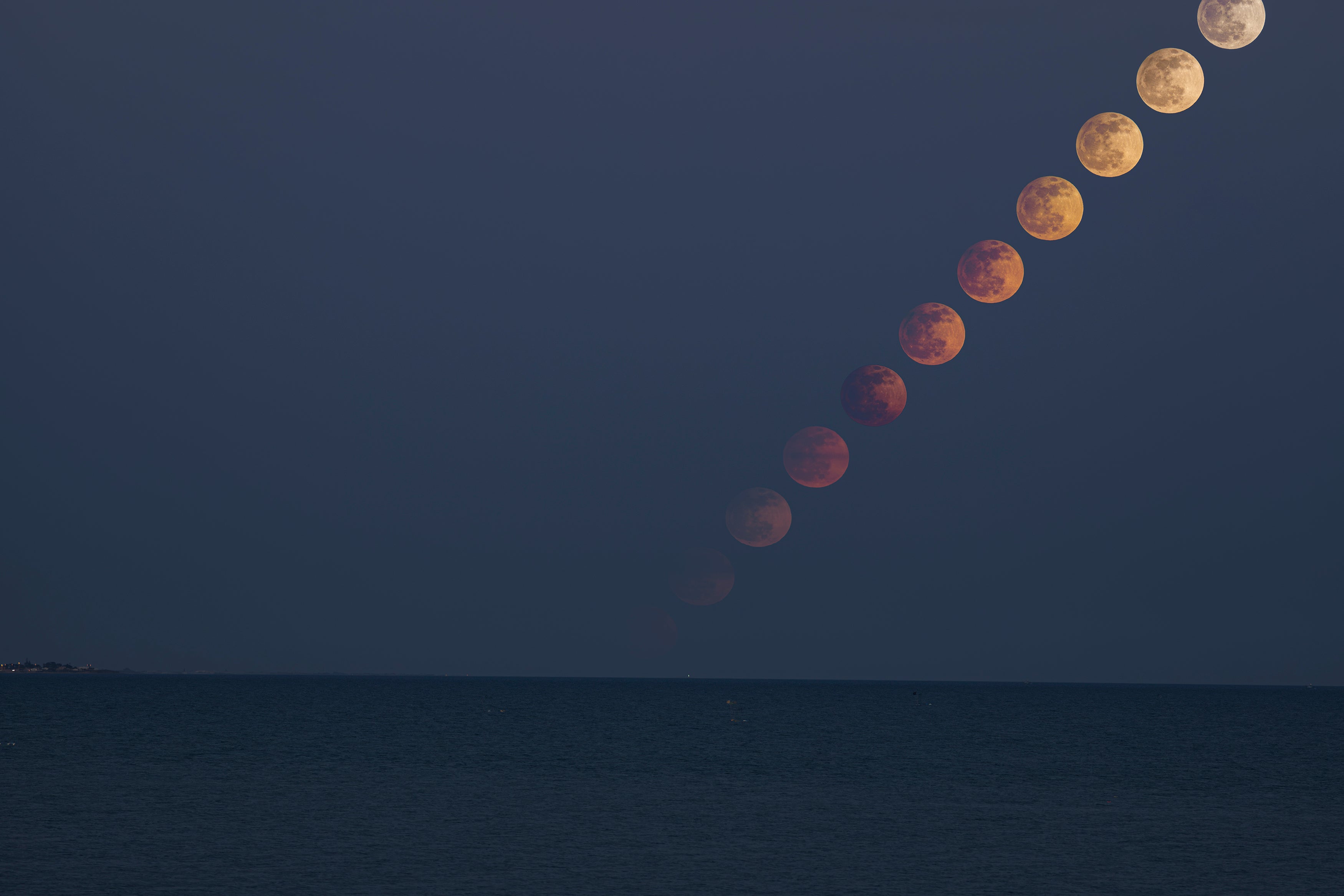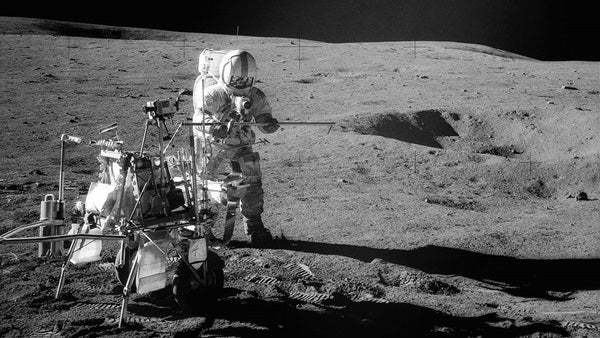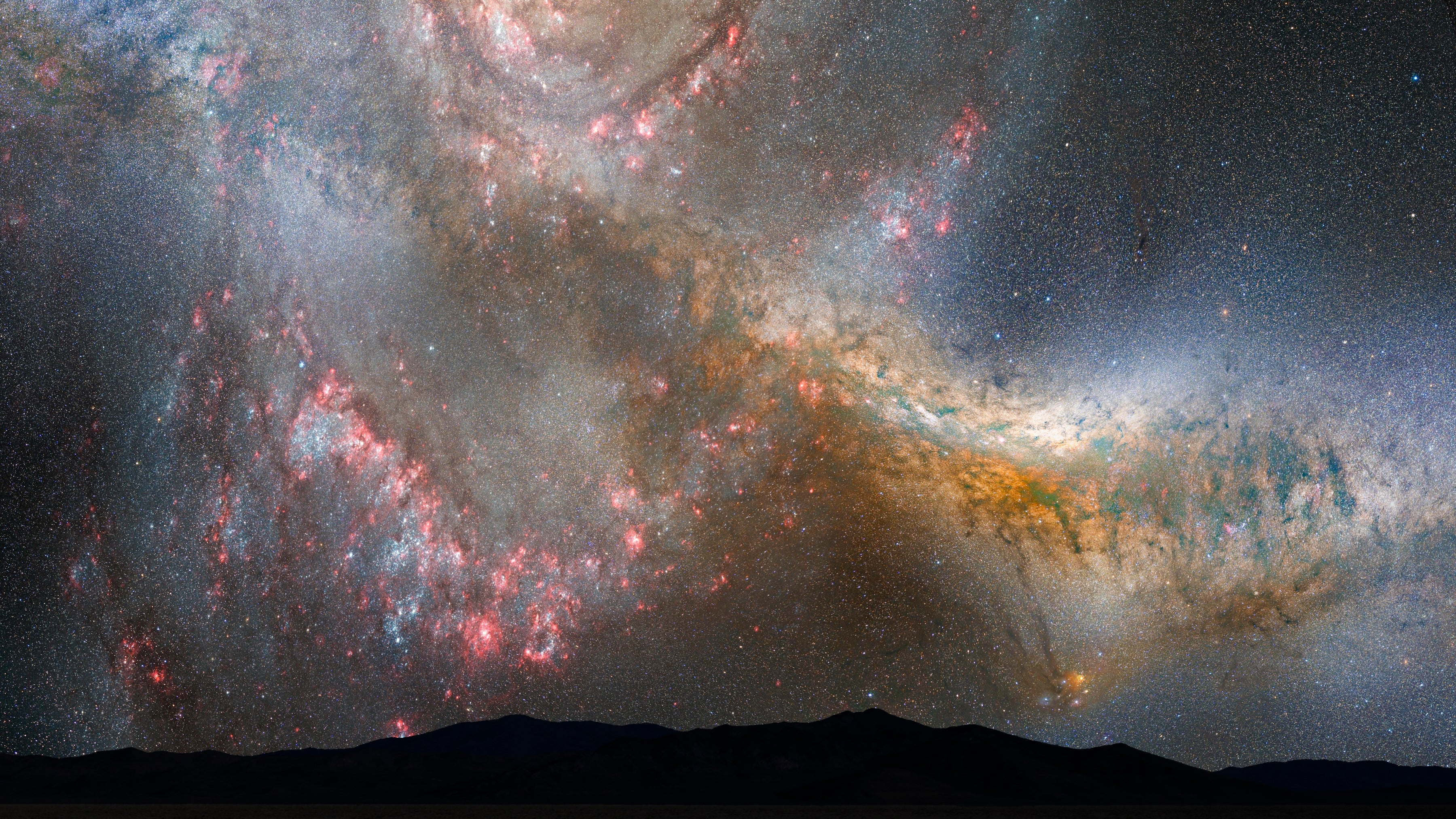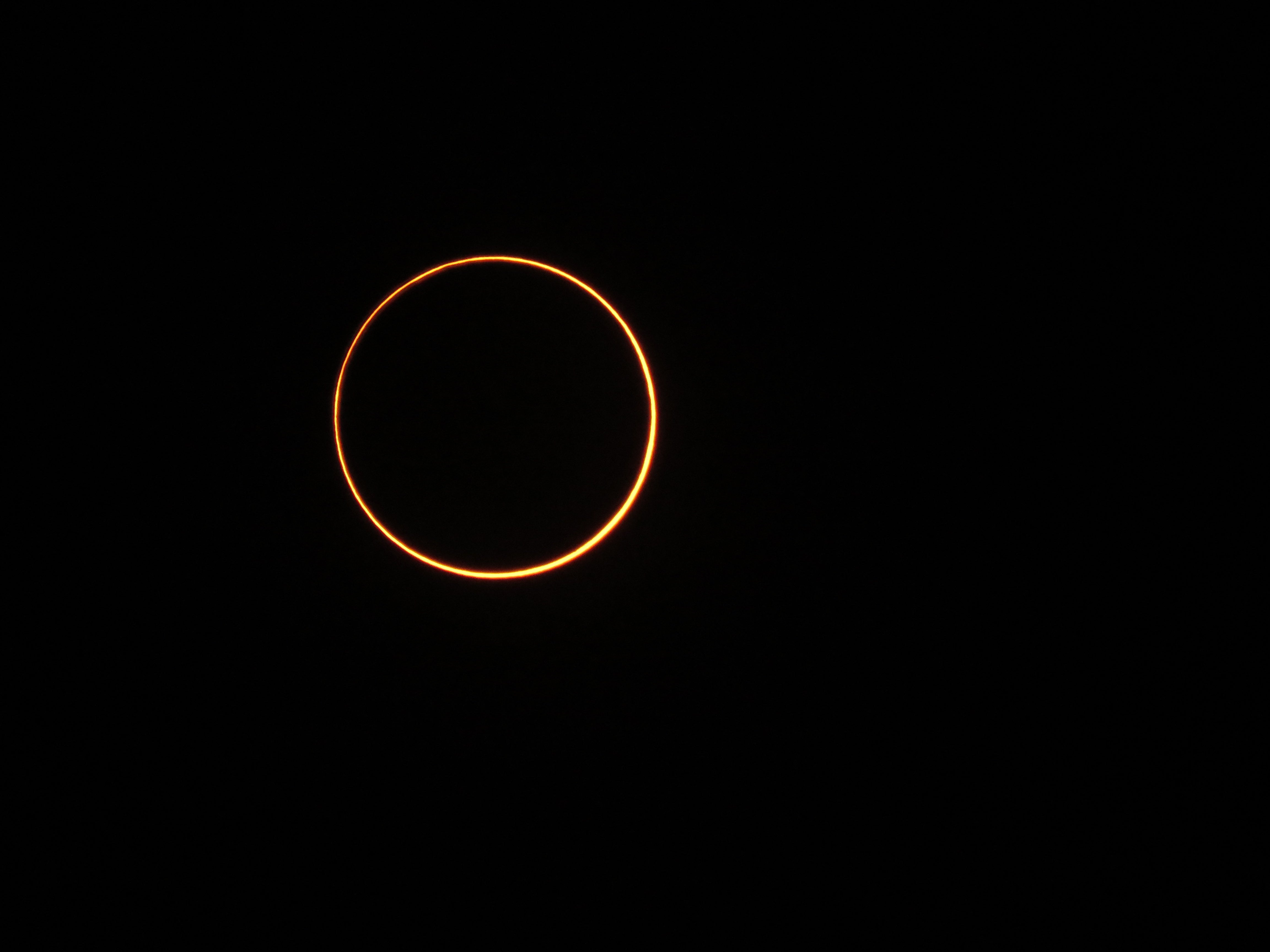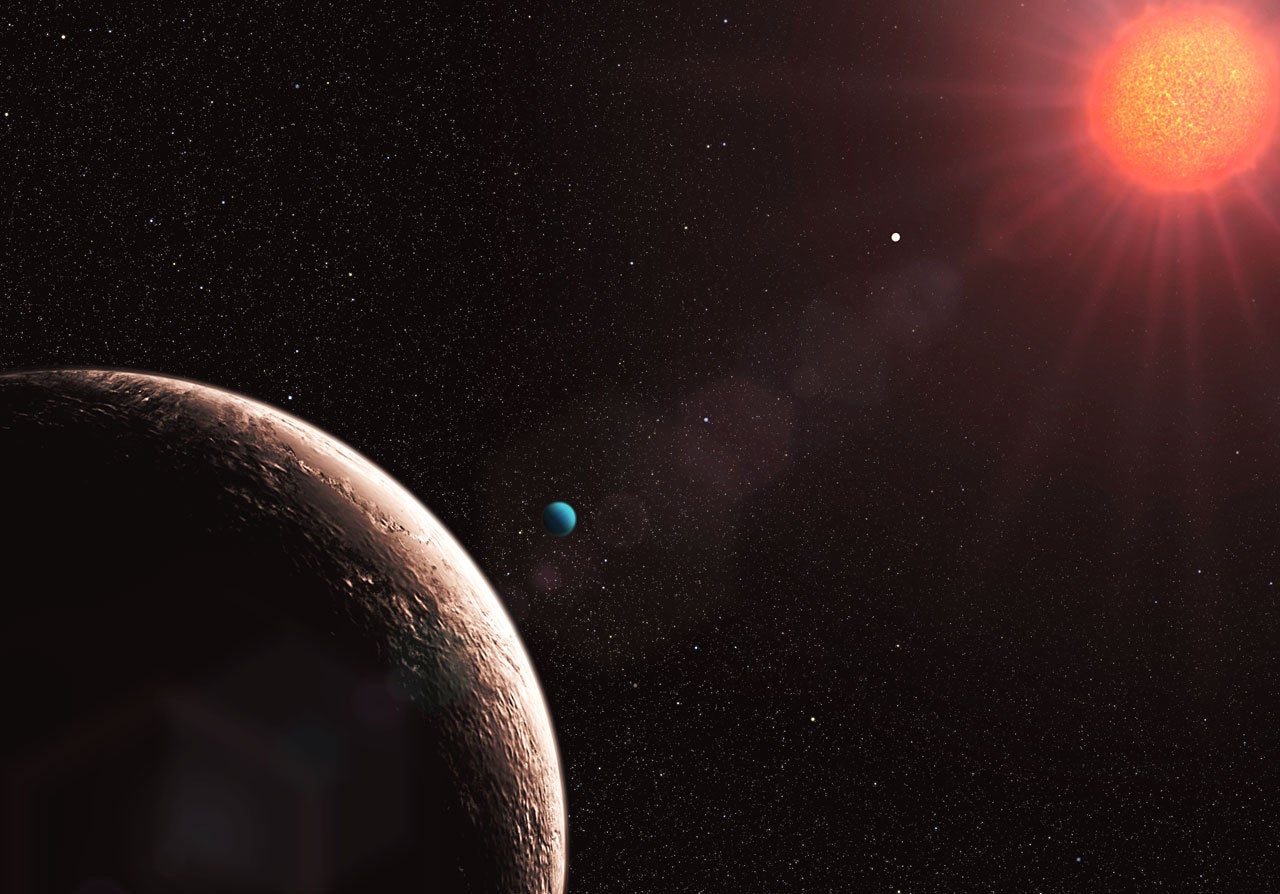Author: David J. Eicher
David Eicher is one of the most widely recognized astronomy enthusiasts in the world. He has been with Astronomy magazine for 36 years, beginning as an assistant editor and working through associate, senior, and managing positions. He has been the magazine’s chief editor since 2002.
Dave has spoken widely to amateur astronomy groups, logged many hundreds of hours at the eyepiece, and written 15 books on astronomy. Among them are Galaxies: Inside the Universe’s Star Cities (Penguin Random House); Mission Moon 3-D (with Brian May, London Stereoscopic Co. and MIT Press), and The New Cosmos: Answering Astronomy’s Big Questions (Cambridge University Press).
Dave has also written 9 books on American history, including The Longest Night: A Military History of the Civil War (Simon and Schuster), Dixie Betrayed: How the South Really Lost the Civil War (Little, Brown), and Civil War High Commands (with John H. Eicher, Stanford University Press).
He has spoken to many science and business groups around the world, including locations with his collaborator Brian May, and at Harvard University, the Starmus Festival, and the American Museum of Natural History in New York.
A native of Oxford, Ohio, Dave grew up around Miami University, where his father was a professor of organic chemistry. Rather than turning to chemistry, however, Dave was attracted to the stars as a 14-year-old when he spotted Saturn through a small telescope at a star party. Comet West really turned him on to observing, and Dave soon went far beyond to explore clusters, nebulae, and galaxies from his dark backyard — he soon was hooked on viewing deep-sky objects.
In 1977, Dave founded and began editing the magazine Deep Sky Monthly. Five years later, the publication moved with Dave to Milwaukee, turned quarterly, and was renamed Deep Sky, which was issued regularly until 1992. In addition to his book writing, Dave has written or edited hundreds of articles on all facets of astronomy, science and hobby. In 1990, the International Astronomical Union named a minor planet, 3617 Eicher, for Dave in recognition of his service to astronomy.
Dave was president of the Astronomy Foundation, the telescope industry and astronomy outreach group, from 2011–2017.
Dave has appeared on CNN, CNN Headline News, MSNBC, Fox News Channel, National Public Radio, and other media outlets to promote the science and hobby of astronomy. He has written planetarium shows for Adler Planetarium in Chicago and film scripts for NASA.
Dave is also enthusiastically interested in minerals and meteorites and has a collection of more than 1,500 specimens representing Earth and a smattering of asteroids in this branch of planetary science.
An accomplished rock and blues drummer, Dave enjoys jamming with his colleagues at Kalmbach Media, and the focus is on blues and blues-rock, centering on the styles of Eric Clapton, Jimi Hendrix, Cream, the Allman Brothers, Creedence Clearwater Revival, and others. Dave is also a big fan of the Green Bay Packers, and during the football season, you will often find him in Lambeau Field.
He lives in Waukesha Township, Wisconsin, near Big Bend, with his wife, Lynda, a schoolteacher. His son Chris is a journalist and videographer.

